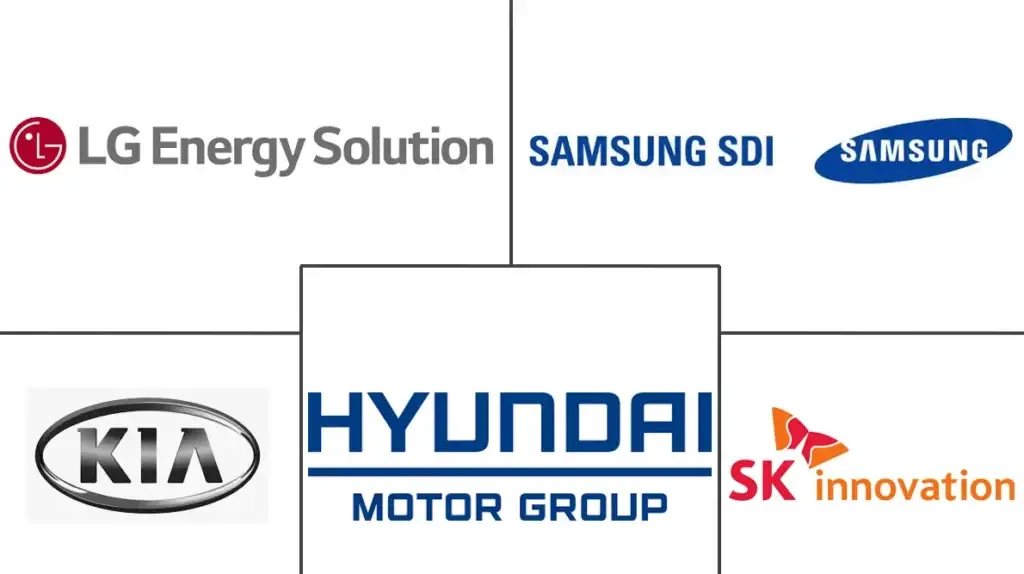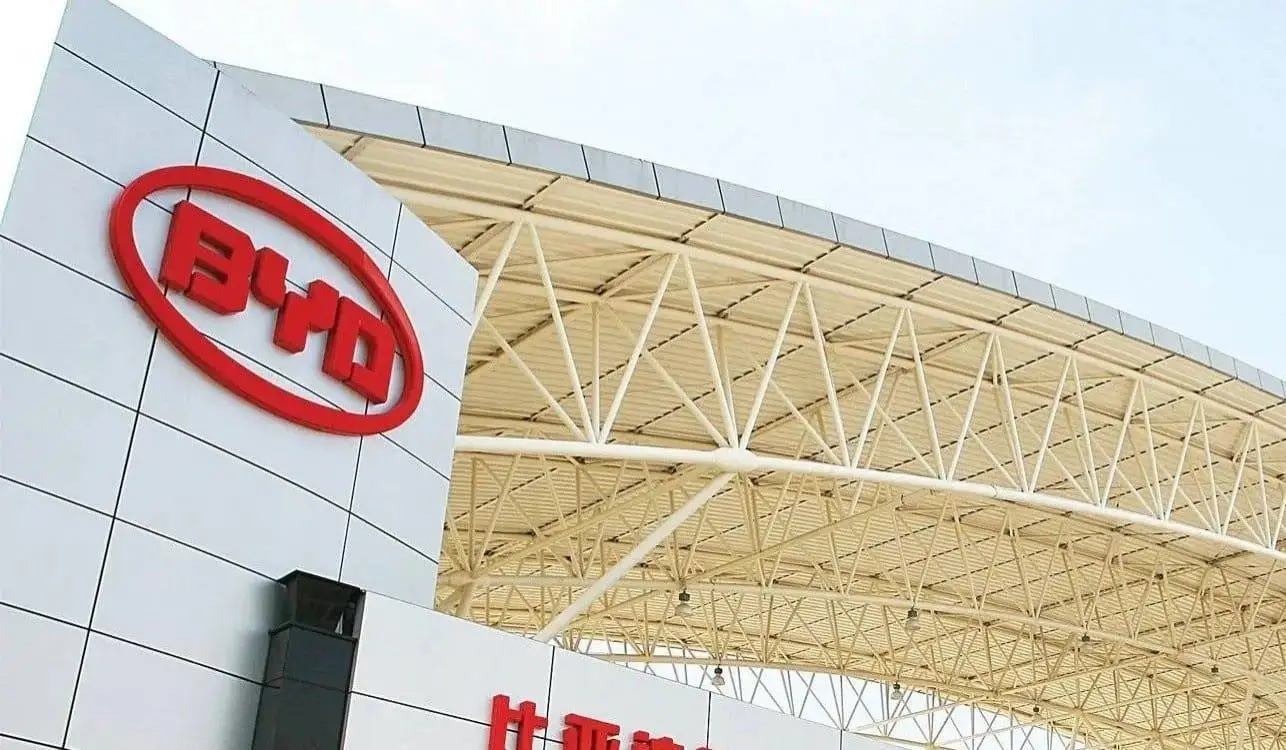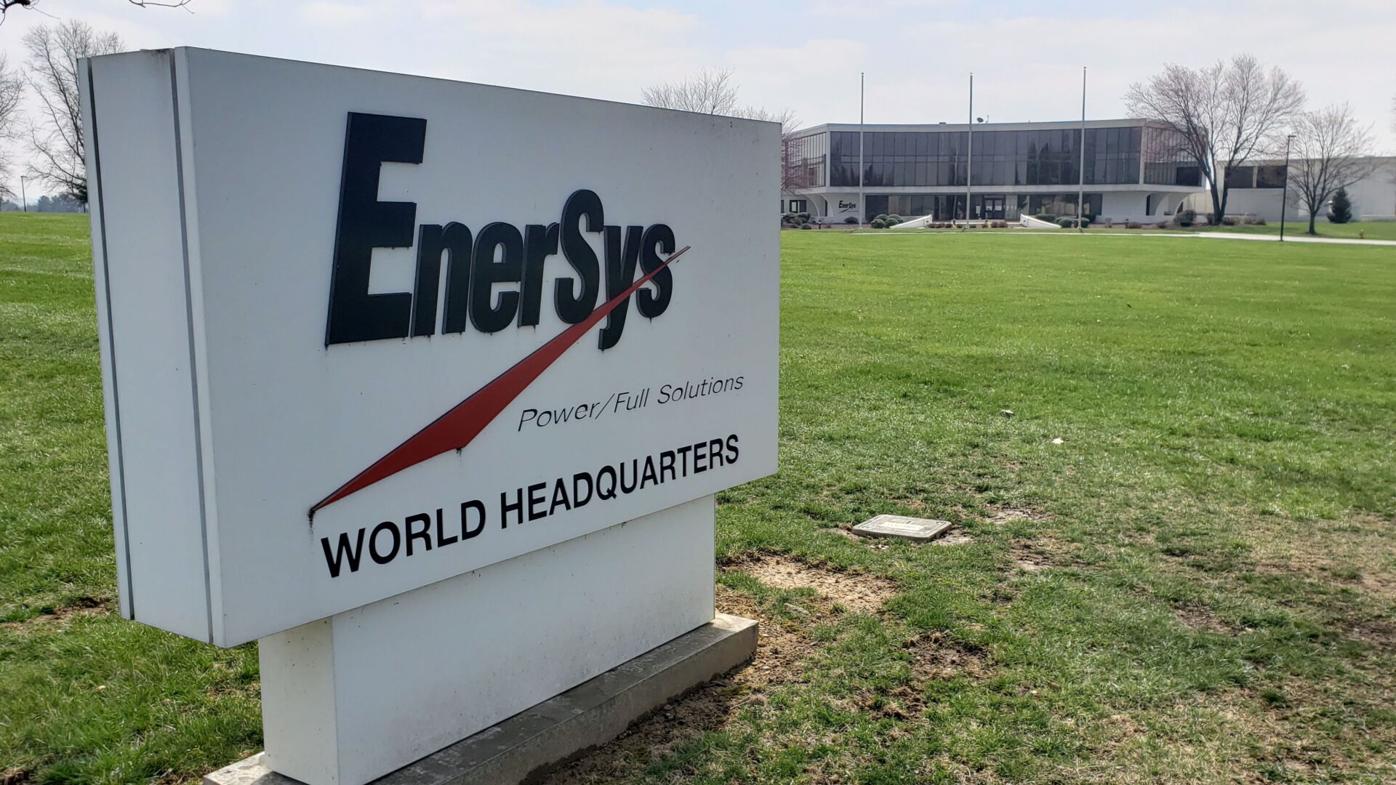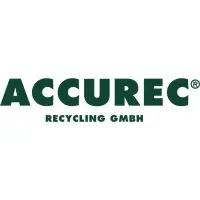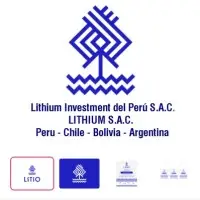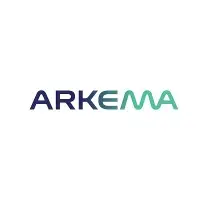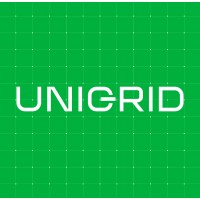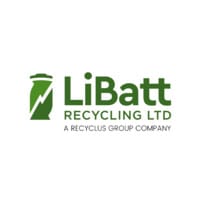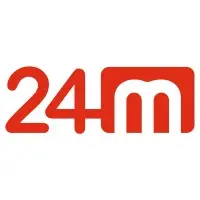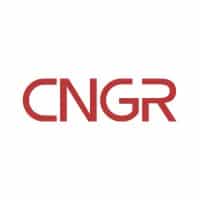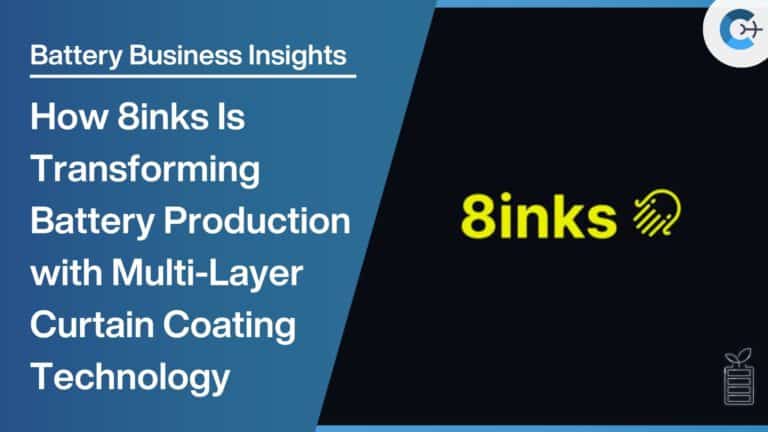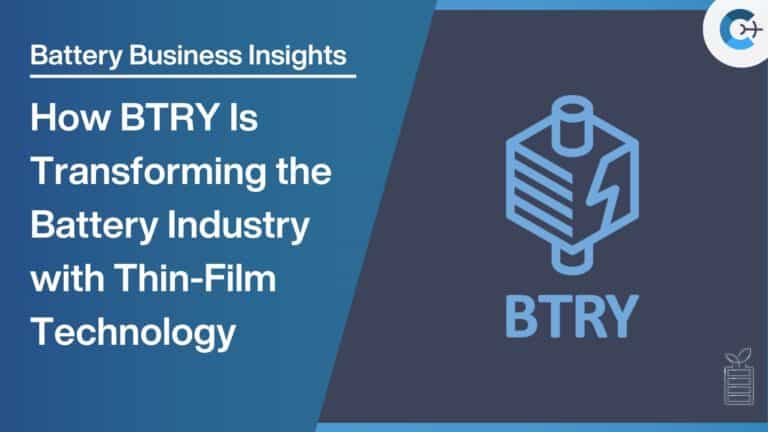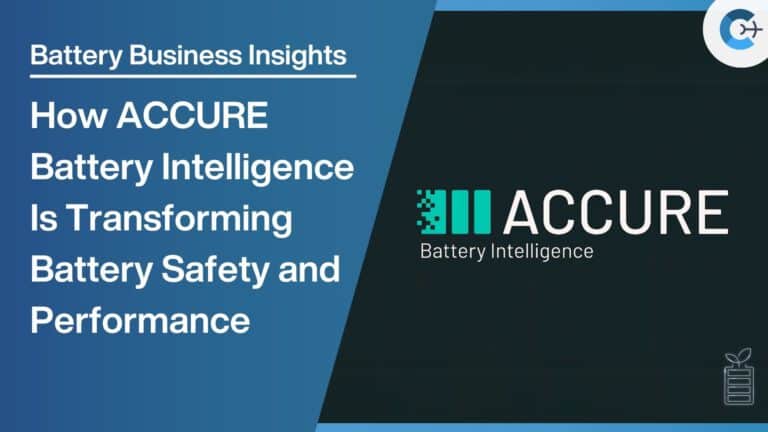South Korea’s leading battery manufacturers—LG Energy Solution, Samsung SDI, and SK On—are experiencing significant declines in factory utilization rates amid a global slowdown in electric vehicle (EV) demand. This downturn has prompted strategic responses from these companies as they navigate challenging market conditions.
Industry reports indicate that LG Energy Solution’s average factory utilization rate dropped to 60% in the third quarter of this year, down from 73% during the same period last year. SK On faced an even steeper decline, with its utilization rate falling to 46% from 95% the previous year. Samsung SDI reported a 9-percentage-point decrease in its small battery utilization rate, bringing it to 68%.
The delayed recovery in EV demand has resulted in production volumes that are lower relative to the production capacities of battery factories. This imbalance has increased fixed costs, such as labor expenses, thereby affecting profitability. According to data from SNE Research, Tesla sold 1.425 million electric vehicles—including plug-in hybrids—worldwide from January to October this year, marking a 1.1% decrease compared to the same period last year. Similarly, Hyundai Motor and Kia saw their EV sales drop by 3.4% to 455,000 units during the same timeframe.
The global market share of the three South Korean battery companies declined to 20.1% from January to October this year, down from 31.7% in 2021. In contrast, Chinese companies like CATL and BYD increased their market share from 39.7% to 53.6%, bolstered by strong government support, a robust domestic market, and the cost advantages of low-cost lithium iron phosphate (LFP) batteries.
In response to these challenges, the battery industry has initiated emergency management measures. SK On, which began such protocols in July, has frozen executive salaries until profitability is restored and has conducted its first voluntary retirement program since its inception. LG Energy Solution has minimized workforce expansion as part of its crisis management strategy. Samsung SDI appointed Choi Joo-sun, a former president of Samsung Display, as its new leader in November, indicating a management overhaul.
Looking ahead, market uncertainty is expected to increase, particularly with the potential for policy changes such as the possible abolition of EV subsidies in the United States under a new administration. In response, battery manufacturers are seeking breakthroughs by focusing on next-generation products like the 4680 battery. LG Energy Solution is slated to begin mass production of the 4680 battery for Tesla at its Ochang plant in North Chungcheong Province as early as the first quarter of next year. The company has also secured supply contracts for these batteries with Mercedes-Benz and Rivian. Samsung SDI plans to start mass production of 46-Pi batteries for micromobility applications early next year and is in discussions with various companies regarding future EV battery production.
An industry insider commented that competition will ultimately hinge on quality. “As domestic cell companies begin large-scale production of 4680 batteries, they are likely to increase their market share,” the source predicted.
Source: BusinessKorea

